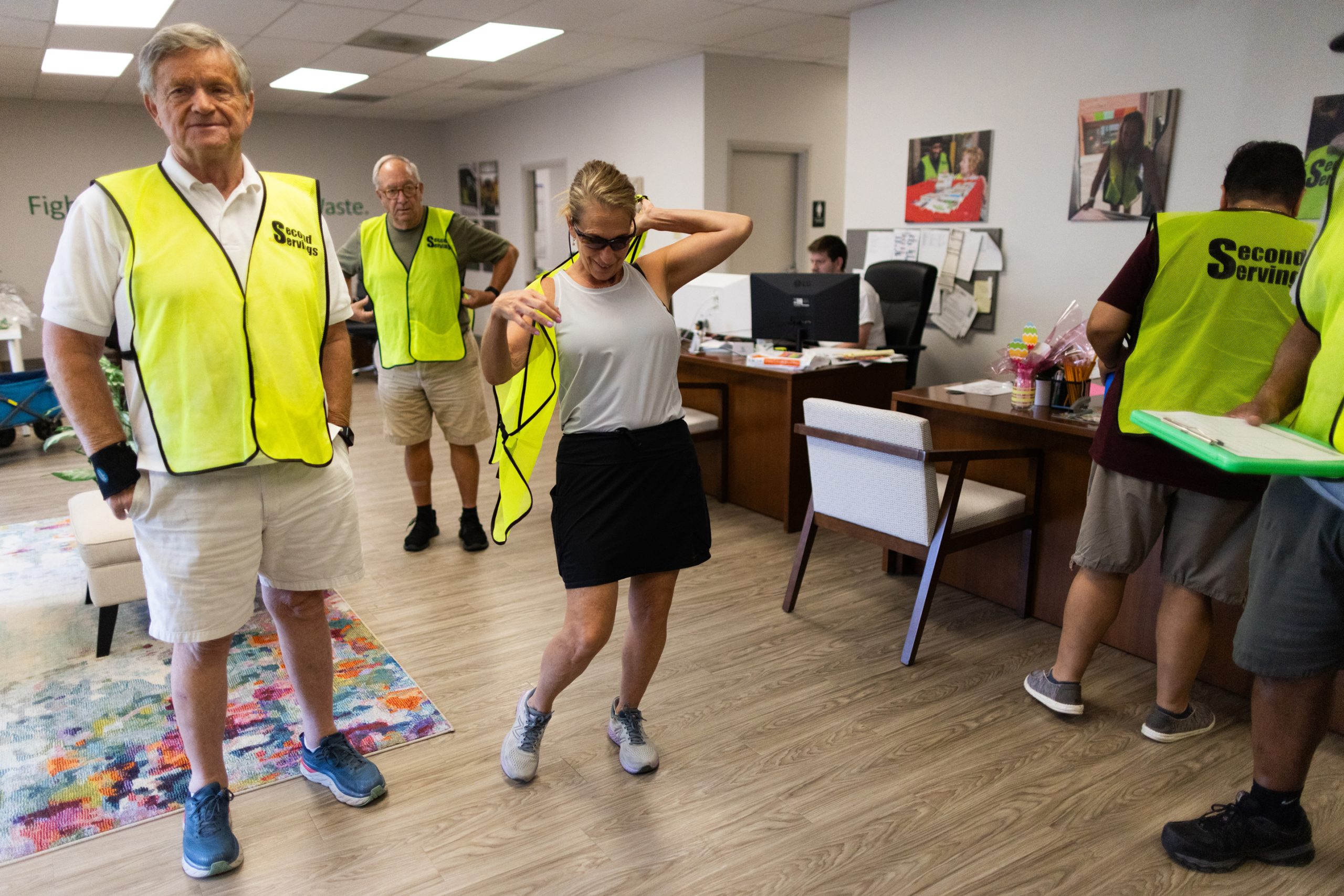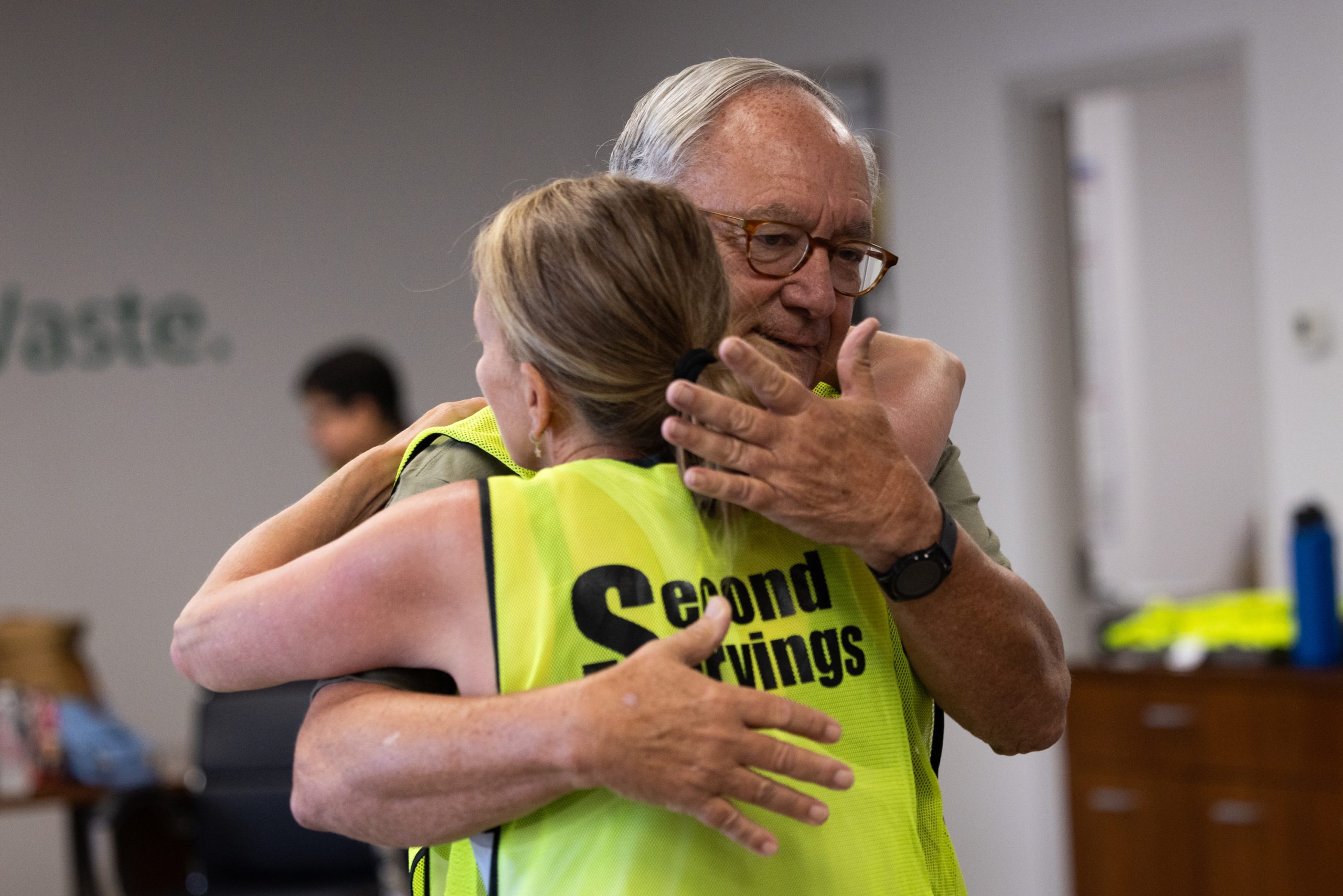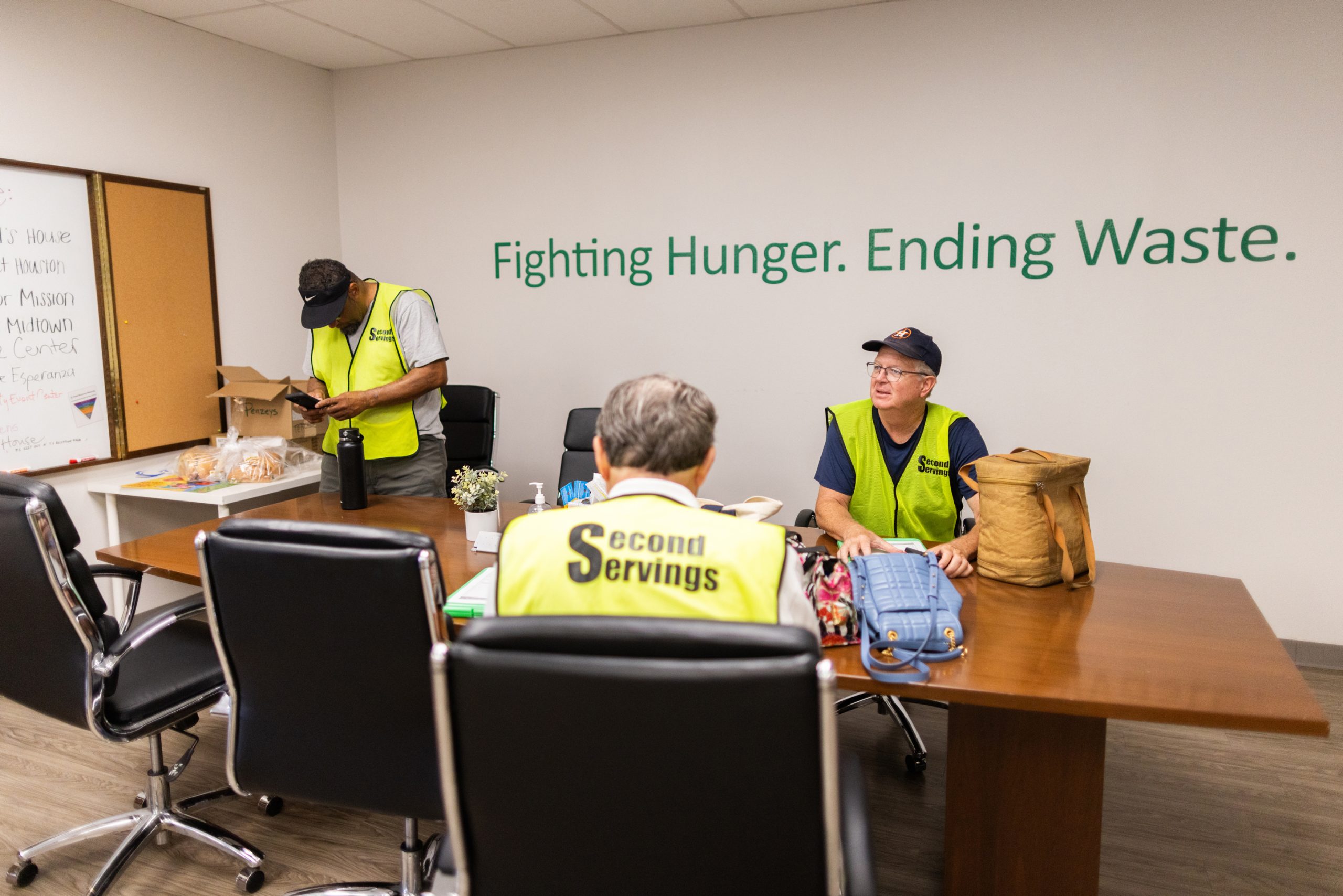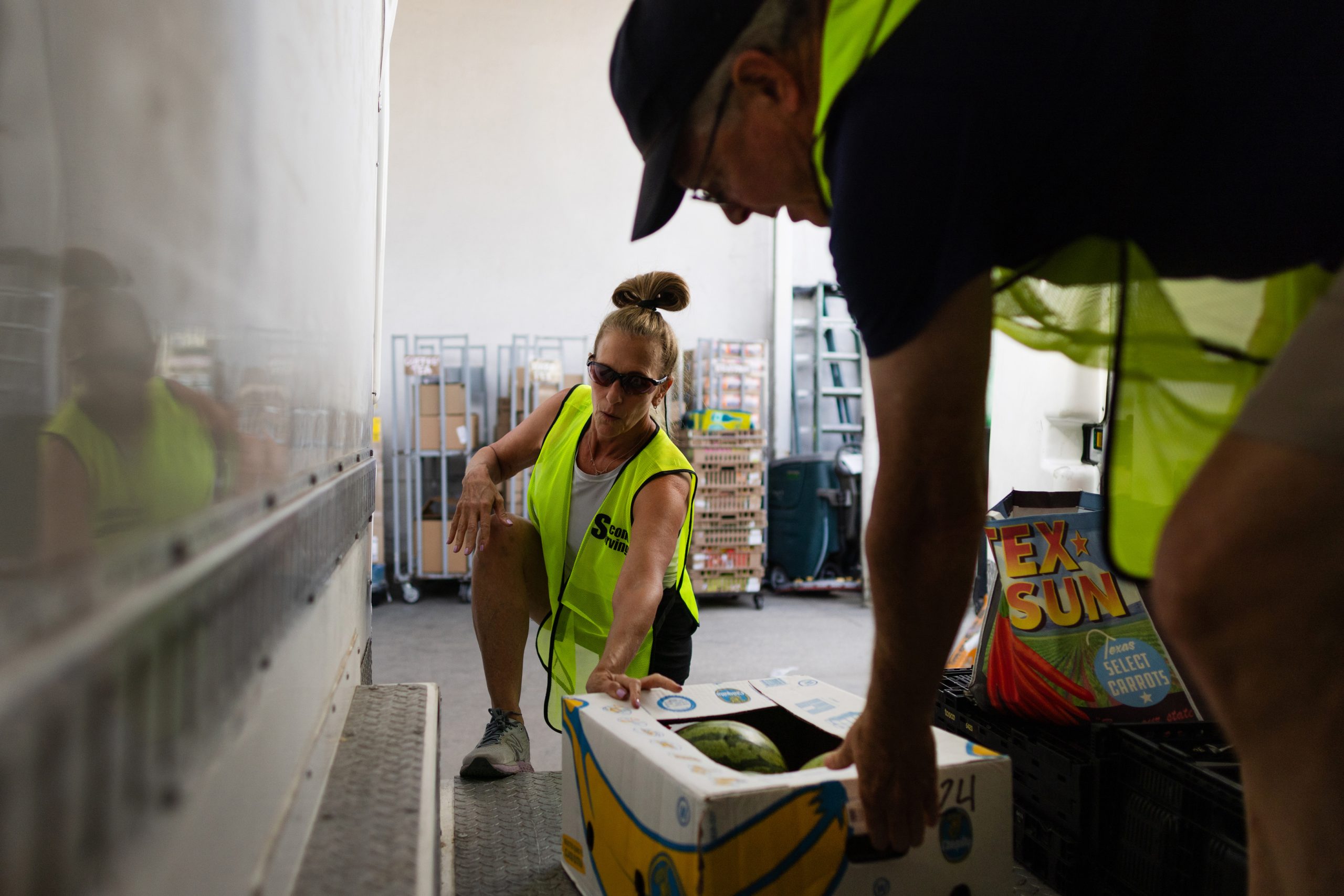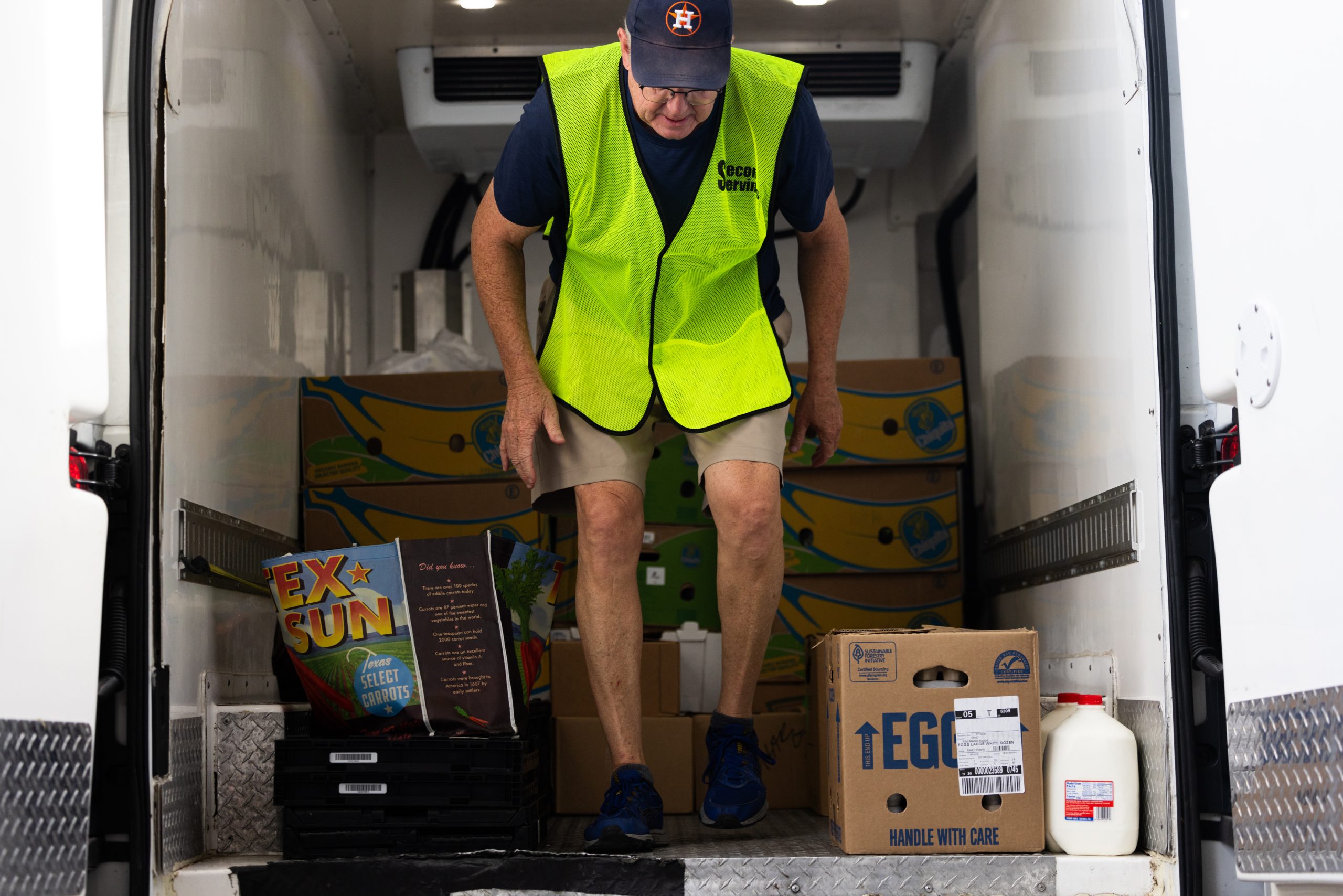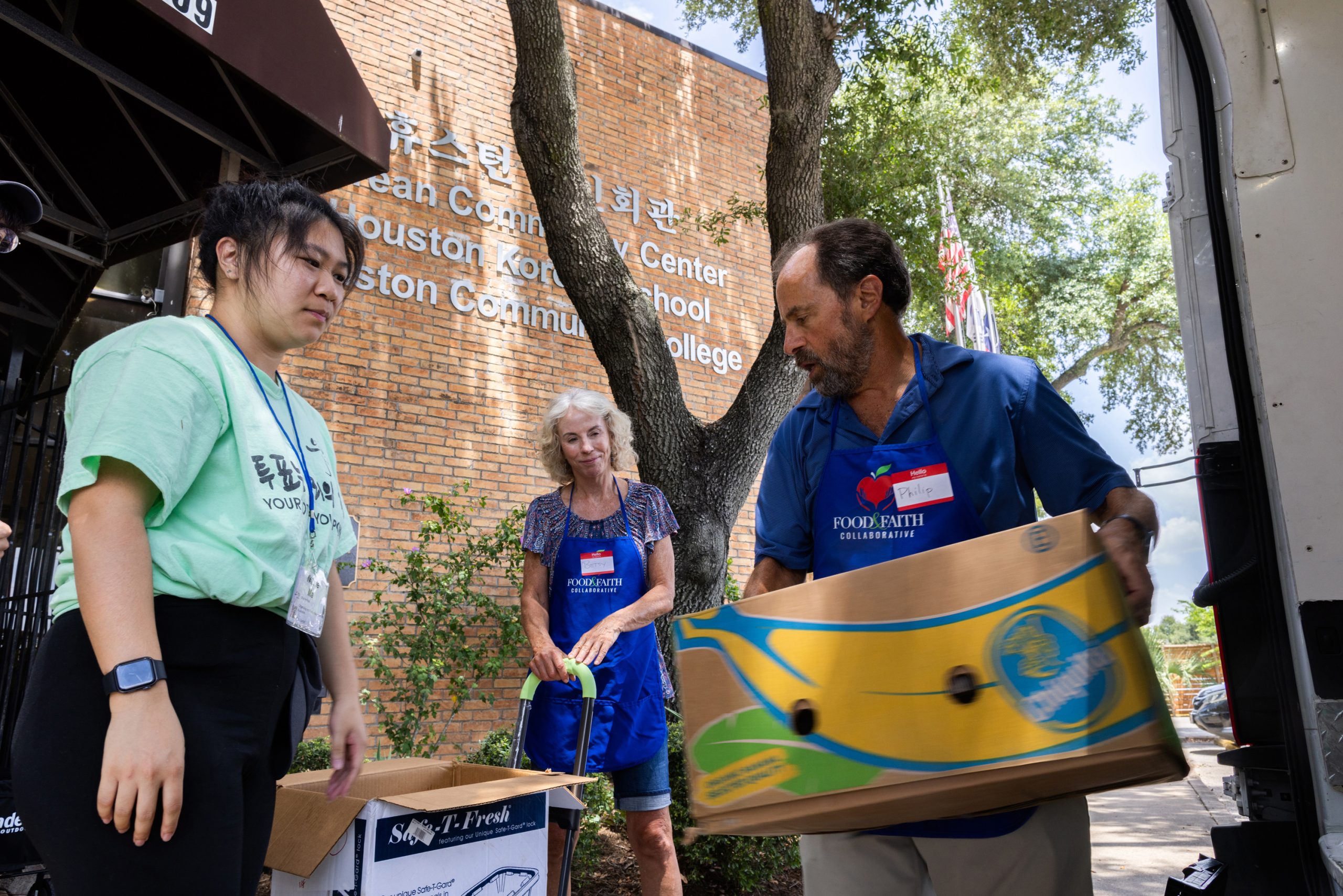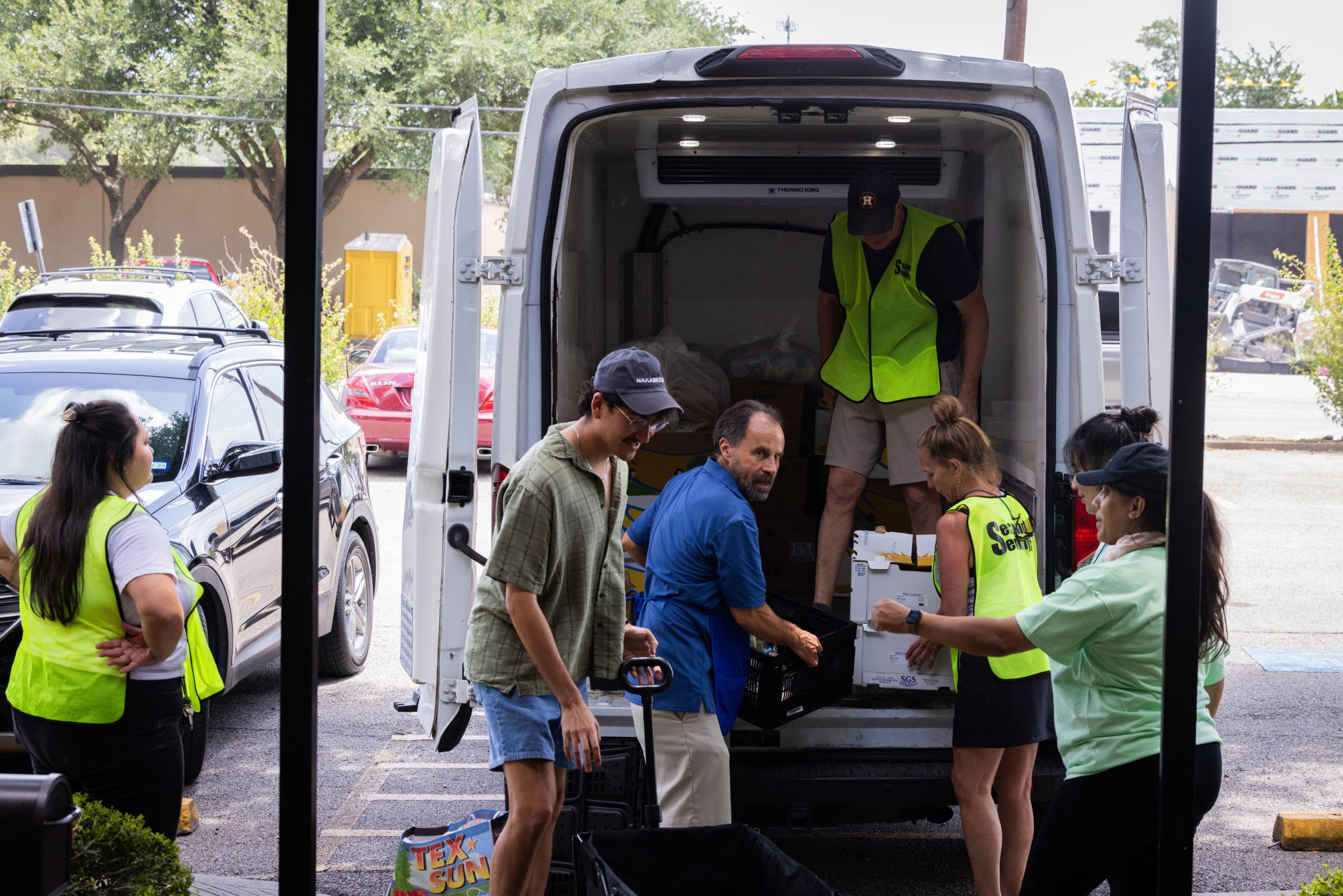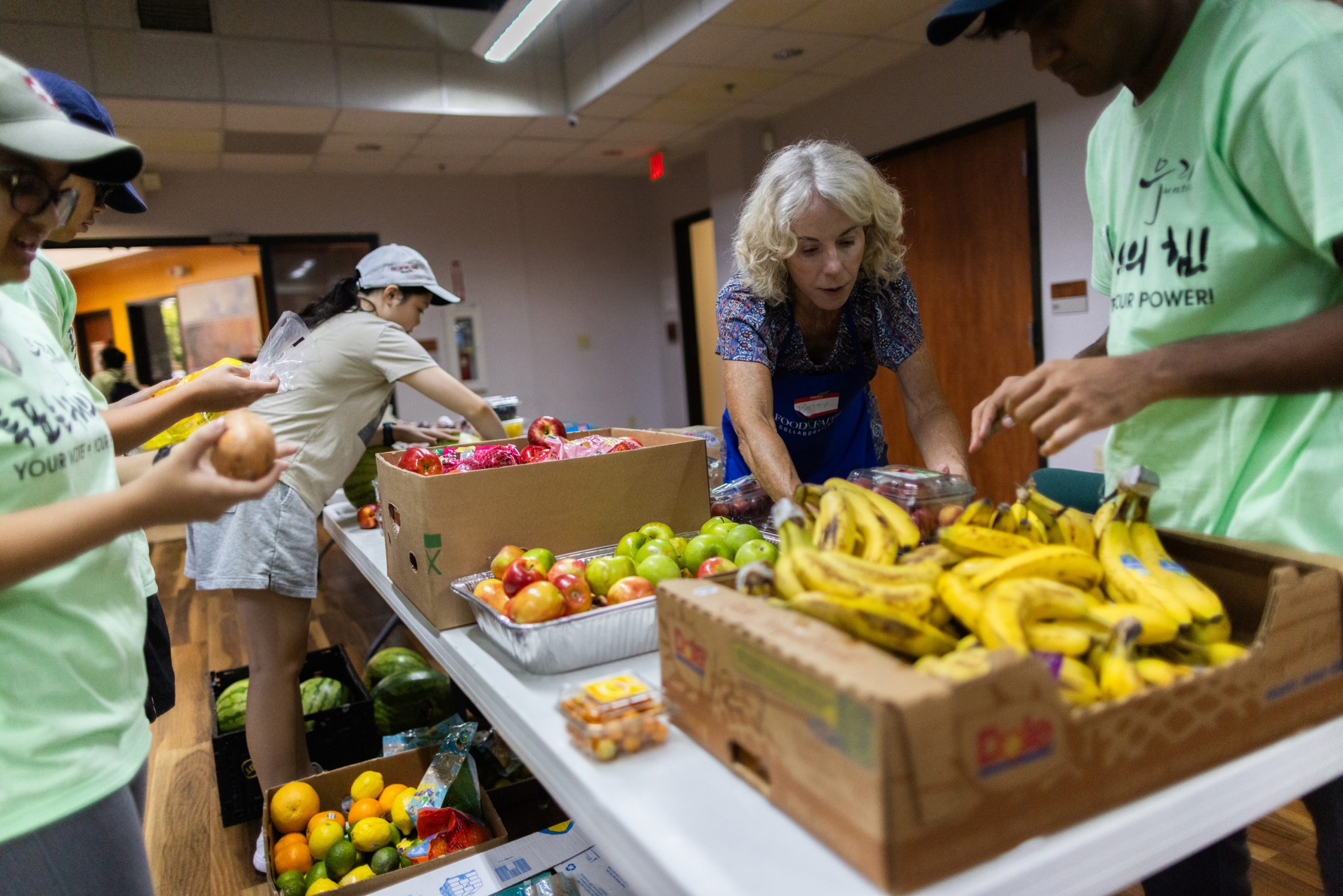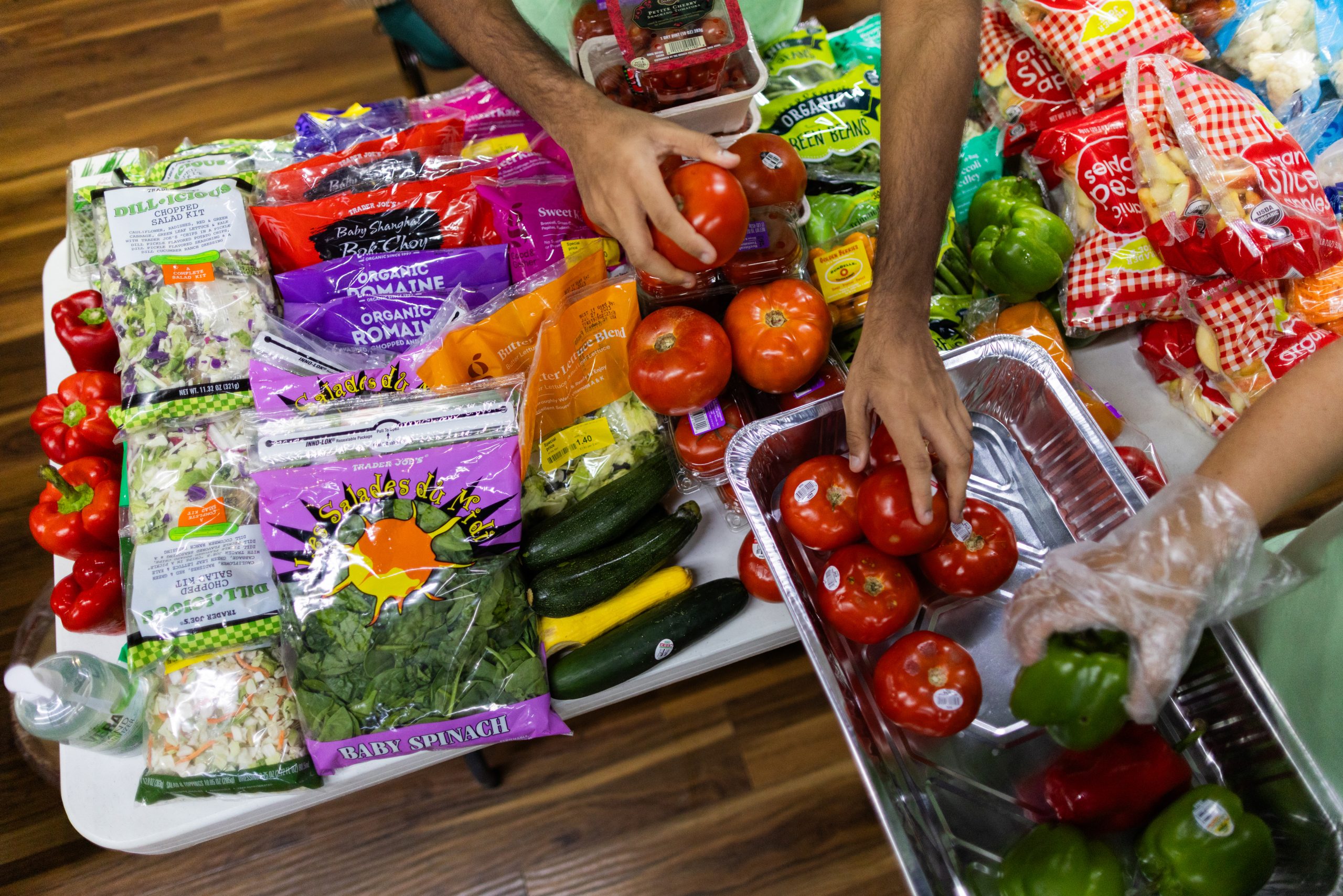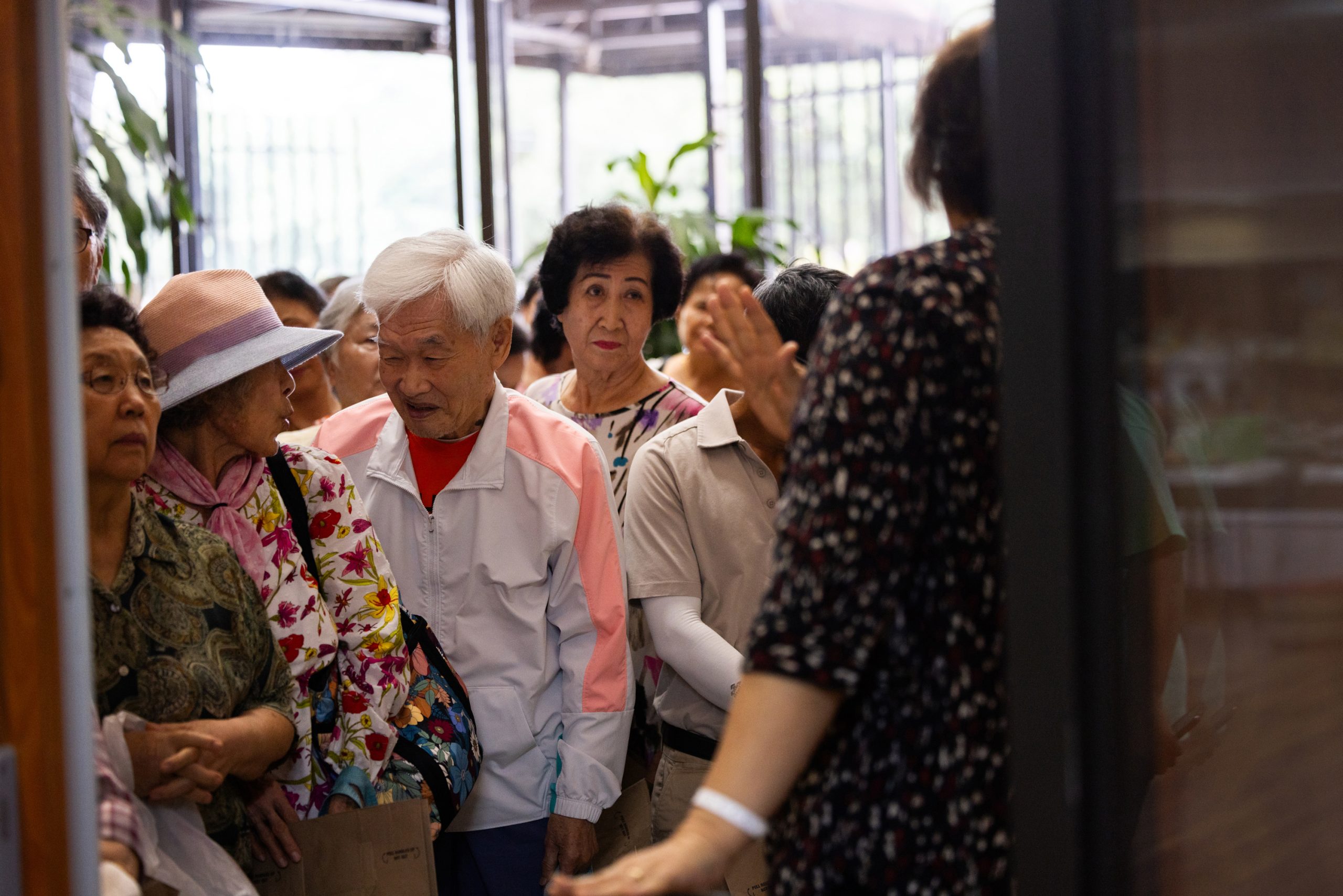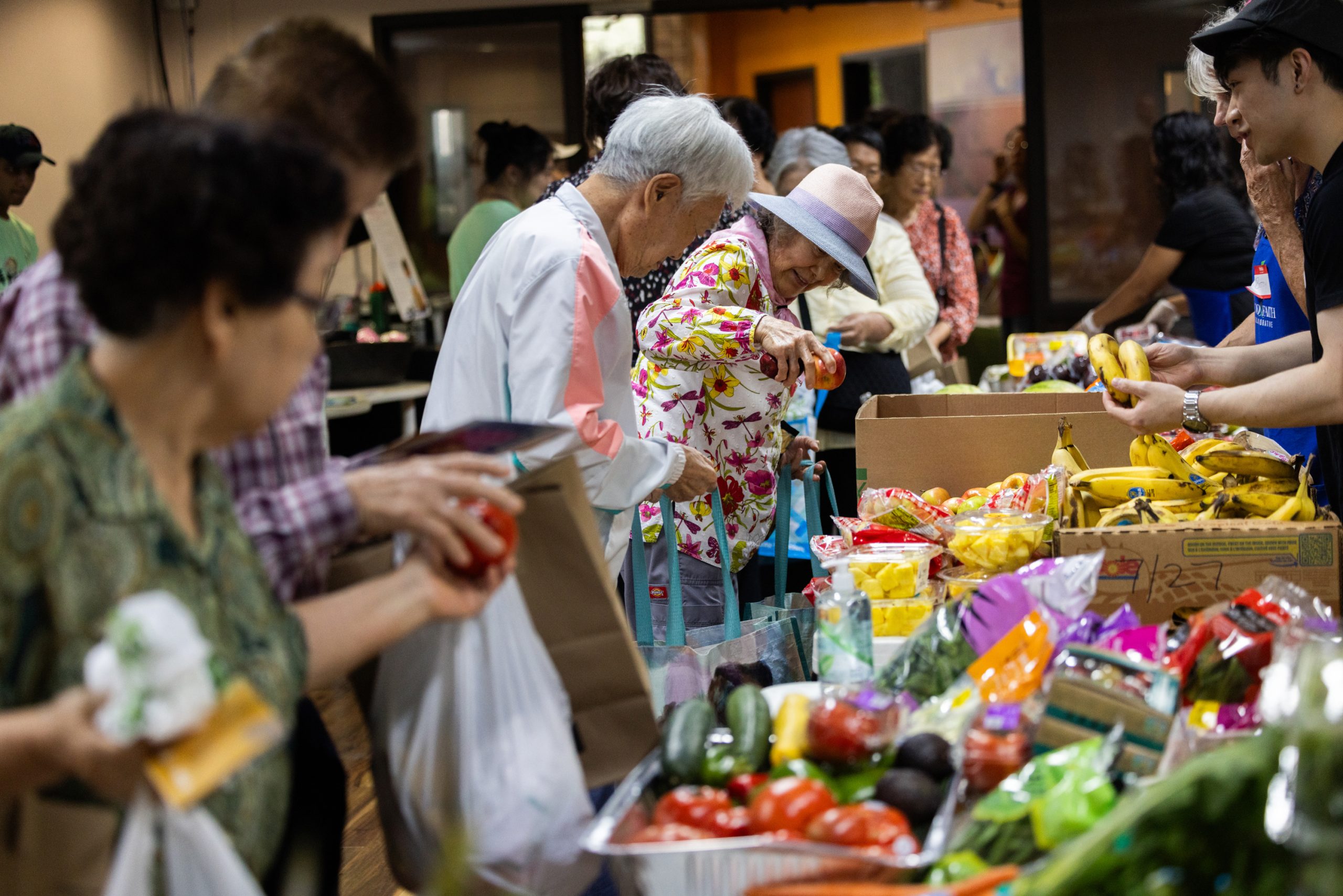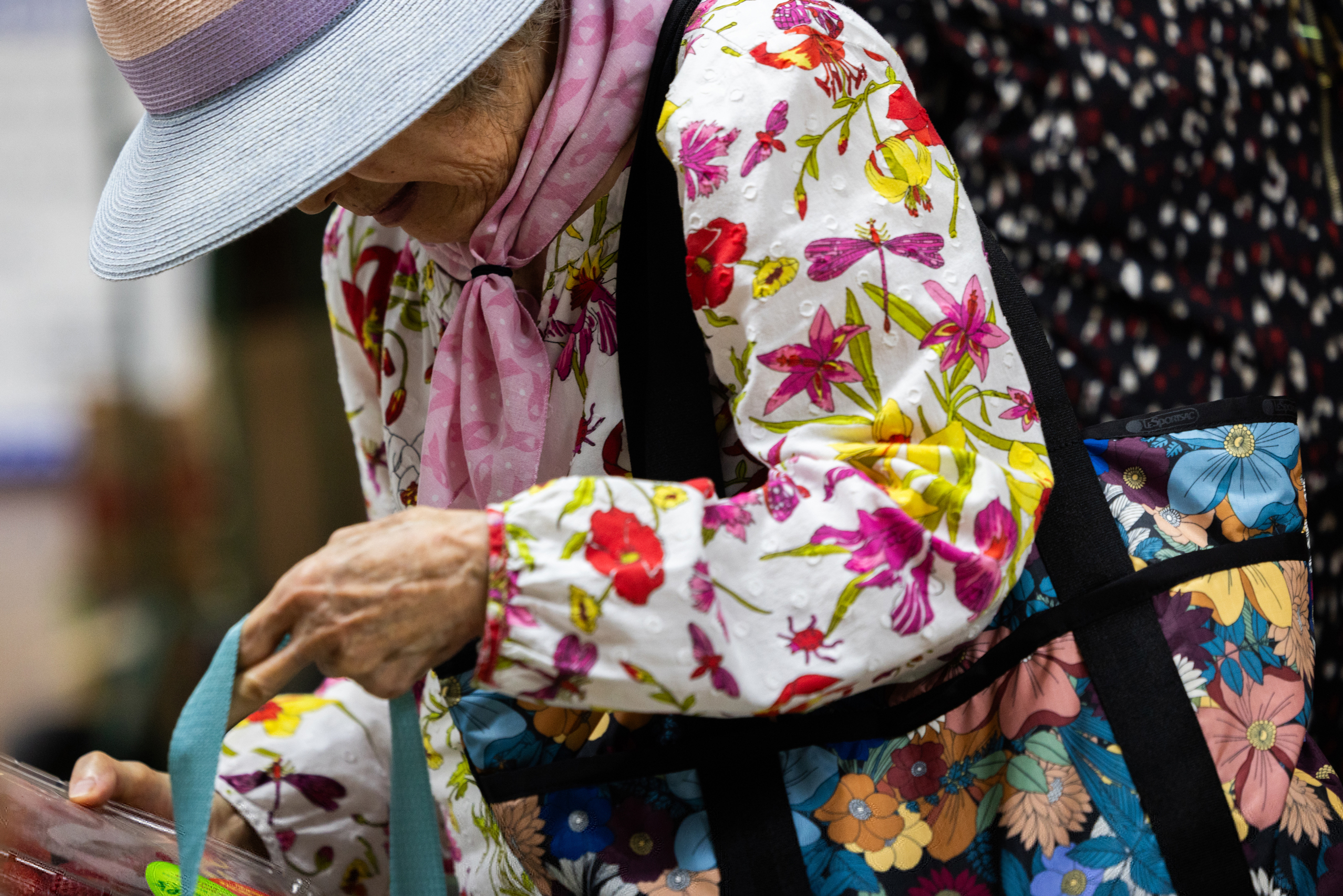|
Getting your Trinity Audio player ready...
|
Wasting food isn’t in Barbara Bronstein’s DNA. She grew up in a Jewish household with “Depression-era” parents where wasting food wasn’t an option, both economically and spiritually.
“Culturally in the Jewish faith, food plays an important part in improving the world,” she said. “It’s one of the tenets of Judaism. It's called tikkun olam and that's just baked into my being.”
But when Bronstein regularly attended awards banquets in Houston, she noticed large quantities of meals going to waste. She contacted the Houston Food Bank and learned that it does not accept prepared banquet foods such as pans of roast beef, chicken or filet mignon.
Bronstein noticed a gap in the market — some caterers wanted to donate their food, but it became difficult and costly to do so, she said. So she researched ways to cultivate an easier, more sustainable solution to match abundance with need and in 2015 launched Second Servings, a Houston nonprofit dedicated to alleviating hunger and reducing waste by rescuing edible surplus food and delivering it directly to local nonprofits.
Food waste is the single most common material in U.S. landfills, comprising 24 percent of landfilled solid waste, according to a 2021 report from the U.S. Environmental Protection Agency. Since it launched in 2015, Second Servings says it has saved more than 10 million pounds of food valued at more than $70 million that could have gone to waste in a landfill.
The organization has developed a network of more than 400 food donors including distributors, retailers, hotels, sports venues spanning 45 ZIP codes across the Houston area that provide their surplus perishable food to distribute directly to those in need at no cost.
Second Servings provides that donated food to shelters, soup kitchens, low-income housing and other nonprofits, particularly those that serve food deserts and low-income underserved populations in Sunnyside, Hiram Clarke, Fondren Southwest, Third Ward, Fifth Ward, Gulfton/Sharpstown and several other areas.
Now, Second Servings’ newest program, known as its “PopUp Grocery Store” is becoming a preferred method for some Houstonians to obtain free and fresh, quality food. The program aims to fight food insecurity, food waste and inflation by bringing free grocery shopping experiences to particularly low-income residents.
Twice a day and 40 times a month, the organization’s staff of 13 collects unsold surplus food from retailers including Trader Joe’s, Whole Foods Market, Kroger and Spec’s, Target, among others and delivers it the same day via its refrigerated vans to charities for distribution in the community.
More than 100 people lined up on July 20 at the Julia Hester House in Fifth Ward with their tote bags and wagons in hand, ready to shop. Served by volunteers from the Astros Foundation, many participants took home loads of fresh meat like lamb chops, chicken or caviar, fresh produce like mustard greens, broccoli, bananas and plums, bagged salads, packaged pizzas and even cookie platters and layer cakes.
“We love giving people a choice,” said Bronstein. “To hand someone a box of dried goods that they may or may not want or need I just have a hard time stomaching.”
For Marie Mure, a Fifth Ward native who works in case management and social services at the Julia C. Hester House, the most fulfilling part of the PopUp is seeing some of the seniors she works with in the community that raised her broaden their palette and treat themselves to foods that they wouldn't normally buy or have access to.
Second Servings is filling a void in the historically Black neighborhood, a USDA-designated food desert with limited access to affordable and healthy food, and where the median household income was $35,496 in 2021.
Grocery store prices saw a 4.7 percent increase over the last 12 months since June 2022, according to a recent Consumer Price Index summary, and food prices are only expected to get worse. USDA forecasts predict that grocery prices will jump by .9 percent and all food prices, including at restaurants, will increase by 2.4 percent.
“One of our seniors, she is 70 years old and she said ‘Miss Marie, I ate lamb chops for the first time and oh my god, were they good!’ Mure said, ‘I had never had lamb chops. I've always seen them in the store but I never bought them because they’re a little expensive and … I didn't know if we would like it.’”
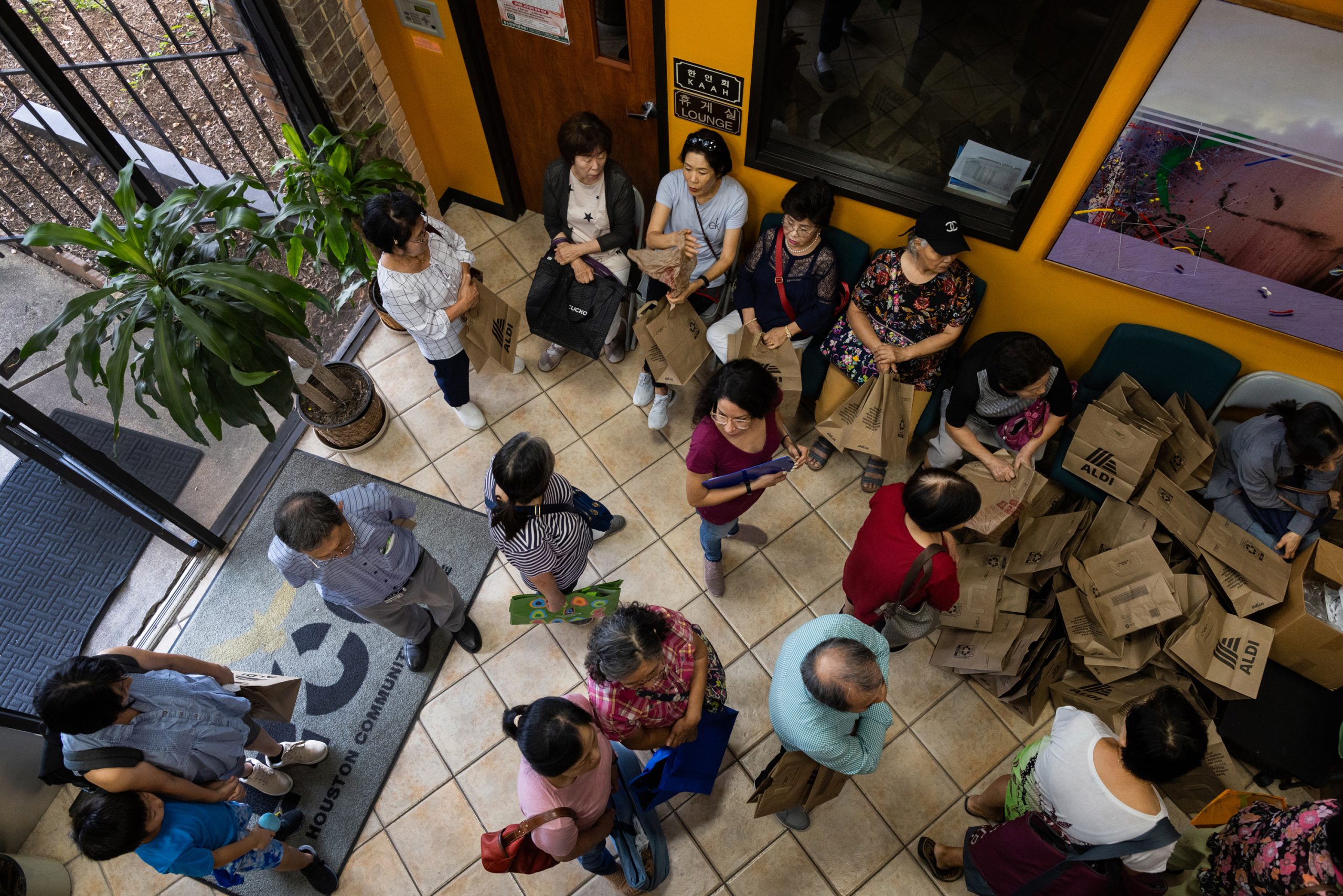
Expanding into new territory
Now with a little over a year of PopUp grocery store experience under its belt, Second Servings hopes to diversify its pool of food donors so it can provide culturally inclusive and diverse foods to low-income communities that are often overlooked, such as people of Asian, Asian American, or Pacific Islander ancestry and the Hispanic and Latino community.
“We would love to be able to add some of the Asian grocers because we recognize that serving the Asian community with more food that is familiar to them and popular with them would be so much more beneficial,” Bronstein said.
So far their efforts to partner with stores that cater to such communities have been fruitless. It’s not unusual for some grocers to initially express hesitancy to collaborate, Bronstein said, due to safety and liability concerns.
“We live in a very litigious society,” she said. “Everyone's eager to sue. And so one of the misperceptions in the marketplace is that a business doesn't want to donate their food for fear of being sued by someone who might get sick.”
Usually Second Servings reassures grocers by explaining their protections under the Bill Emerson Good Samaritan Food Donation Act, Bronstein said. But she believes language and cultural barriers have impeded their progress with culturally inclusive grocers.
“In English, we can explain it but they may not understand it fully, or may still be fearful,” Bronstein said. “So perhaps there's someone who can speak to them in a way that will reassure them that it's OK to donate the food.”
But Bronstein isn’t giving up. She is hopeful that their new partnership with Woori Juntos, a nonprofit that advocates for Asian immigrants and migrants to have equal language access to health and social services, will help them eliminate those barriers and inspire those grocers to get on board in the near future. Woori Juntos, which means “we rise together” in Korean and Spanish, bridges the gap between the Korean and Latino communities in the heart of Koreatown in Spring Branch.
“Organizations like (Second Servings) that are willing to come in and assist as community partners is always super helpful because certain folks who need resources may not know that they exist,” said Sarah Syed, the senior community organizer at Woori Juntos. “So it ends up falling out onto community organizations like this to fill those gaps. Although it can be great if you have too many requests, it can be overwhelming.”
At their first collaborative PopUp Grocery store Friday afternoon, more than 50 eager attendees crammed the foyer of the Korean Community Center an hour before the store opened. Organizers assembled everyone in a line permitting only 10 to shop at one time to avoid congestion at the various food stations. Shoppers maneuvered down the assembly line, touching produce for ripeness and asking translators questions as they arose.
Food and Faith Collaborative, a group of faith-based organizations and community partners that enables food security and nutritional self-sufficiency in Houston, provided 10 volunteers to serve food and Woori Juntos helped with translation. Each grocery station was translated in up to five languages: Korean, Spanish, Urdu, Vietnamese and Chinese, and at least one translator who could speak each language was present to help shoppers read ingredients and describe foods or brands they weren’t familiar with as they shopped.
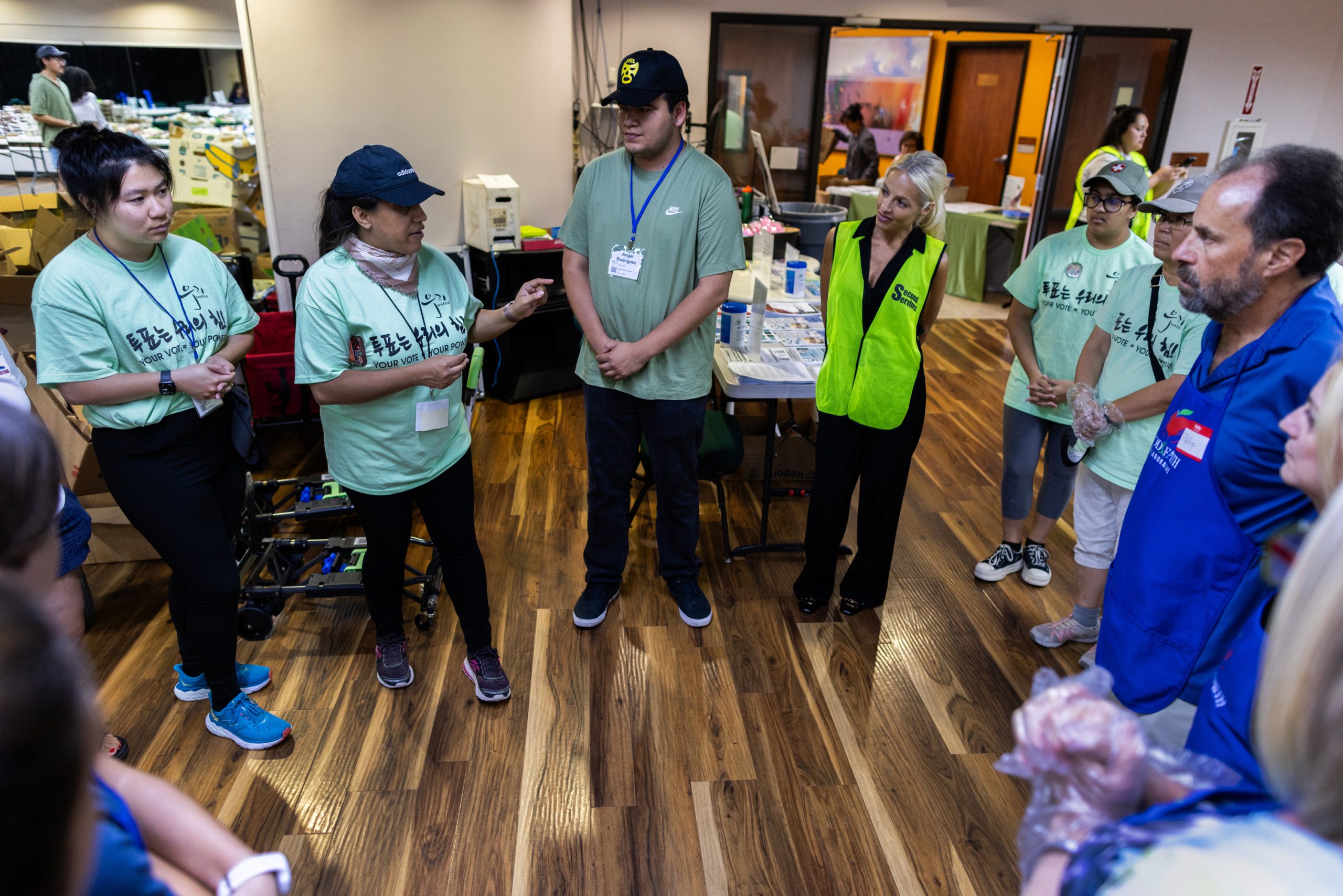
“One of the things to keep in mind when it comes to grocery stores (is that) people should always feel comfortable in the languages that they speak to be able to ask for what they need,” Syed said.
Lourdes Soriano arrived at the center’s doors at around 1:40 p.m. to find an overflowing lobby where people waited for their names to be called.
The mother of four said summer vacation has been expensive. With four kids stuck indoors due to the heat, all bills have escalated quickly, especially the electric bill, she said.
“This is a great help,” Soriano said, pointing at the two bags full of groceries that she was exiting the center with. “Here I saved at least $50 that I don’t have to go spend somewhere else. With that I can go buy school supplies, shoes, or something,” she said.
Nearly 90 people showed up and the majority of the food had depleted within the first half hour of a planned two-hour event, far exceeding organizers expectations for their first collaborative pop-up grocery store.
“We were conservative,” says Lisa Miller, the food partnerships manager at Second Servings. “But next month if they do another pop up, which I’m sure they will, we’ll send two or three vans versus one.”
Abdelraoufsinno staff writer Danya Pérez contributed to this report


